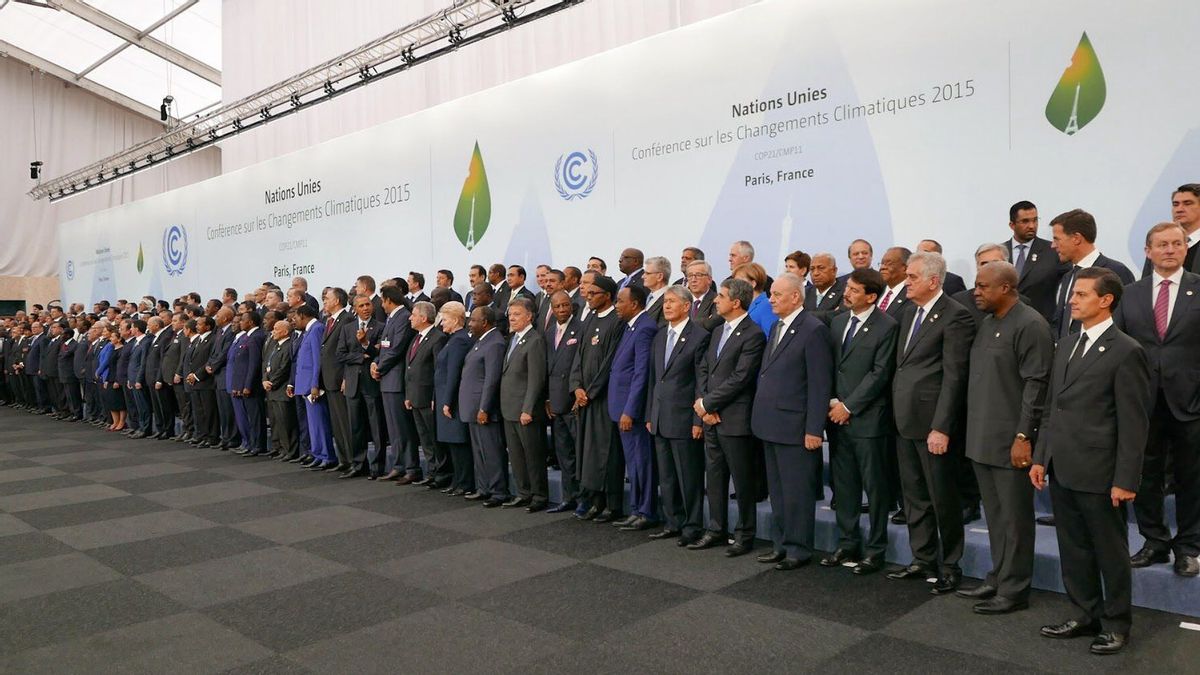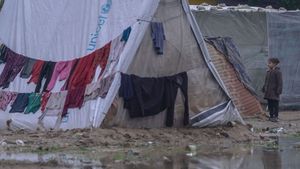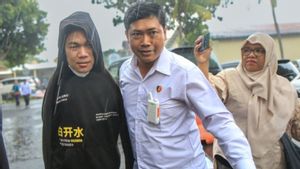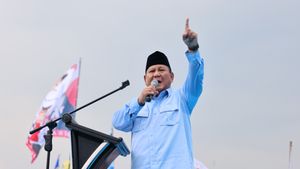JAKARTA - The NDC, or Nationally Determined Contributions, is a national commitment proposed by each country to reduce greenhouse gas emissions and adapt to the impact of climate change. This NDC is an important element in the agreed Paris agreement in 2015.
The NDC reflects the efforts of each country to achieve a global goal of maintaining an increase in the earth's temperature below 2 degrees Celsius, as well as trying to suppress the increase to 1.5 degrees Celsius. Each country has the freedom to determine its own targets, in accordance with its domestic capabilities and conditions. Thus, the NDC plays a crucial role in ensuring a fair and varied contribution to the climate crisis.
Indonesia's NDC goal is to reduce emissions by 31.89 percent by 2030. This country plans to achieve this goal by focusing on renewable energy, forestry, and waste management.
Here are some important points related to NDC:
NDC is a commitment made by countries under the Paris Agreement to reduce greenhouse gas emissions.
- NDC helps reduce greenhouse gas emissions by setting targets and plans to reduce emissions. - Indonesia's NDC goal is to reduce emissions by 31.89% by 2030.- Indonesia plans to achieve this goal by focusing on renewable energy, forestry, and waste management.
Indonesia, as one of the countries with a significant emission rate, has shown a strong commitment in its NDC. The Indonesian government promised to reduce greenhouse gas emissions by 29 percent with its own efforts and up to 41 percent with international assistance by 2030. This effort covers various sectors, including energy, forestry, agriculture, and waste management.
In 2022, Indonesia will send an Enhanced NDC document, which further proves the country's commitment to implementing climate actions and contributes to preventing climate change.
Enhanced NDC is the latest version of the Indonesian NDC document. Its contents reflect technological improvement, government political commitment, and urgency to implement climate actions.
In the next section, it will be discussed further on the various targets contained in this document, as well as the steps taken by the government in achieving this target.
To achieve the NDC target, Indonesia applies various strategies. In the energy sector, the government encourages the use of renewable energy and energy efficiency. In the forestry sector, Indonesia is committed to reducing deforestation and repairing damaged land. As for agriculture, efforts are made to improve sustainable agricultural practices. Waste management is also focused by introducing better waste management technology.
However, the implementation of NDC cannot be separated from challenges. Limited funds, technology, and human capacity are the main obstacles in achieving the targets that have been set. In addition, collaboration between the central and regional governments, as well as the involvement of the private sector and the community, is needed to achieve the expected results.
NDC is an important instrument in global efforts to tackle climate change. The commitment contained in the NDC reflects the responsibility of each country in keeping the earth habitable. Indonesia, with all its efforts, is trying hard to fulfill its commitments. Support and cooperation from various parties is needed to ensure that this target can be achieved, for a better and more sustainable future.
One of the implementations implemented by the government is Carbon Trading. To support this initiative, CXR alias Carbon X-change Rakyat provides a platform to connect sellers and carbon buyers.
So, CXR can help carbon projects (such as reforestation or ecosystem restoration) that are in need of funding. On the other hand, companies can easily buy carbon credit to achieve their emission targets.
By smoothing the relationship between investors and project owners, of course, Indonesia's NDC target can be easier to achieve. Because anyone can be involved with carbon emission reduction projects, including you.
The point is, NDC is a commitment that should not only be supported by the government, but also everyone, for the future of a better environment. If you want to learn more about CXR, you can visit the CXR website here.
The English, Chinese, Japanese, Arabic, and French versions are automatically generated by the AI. So there may still be inaccuracies in translating, please always see Indonesian as our main language. (system supported by DigitalSiber.id)













